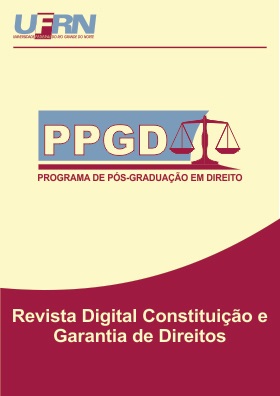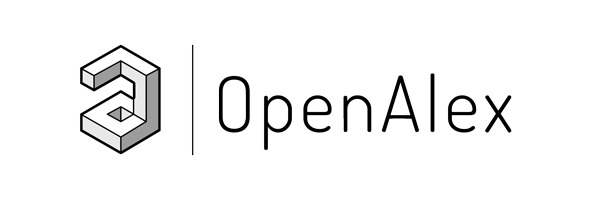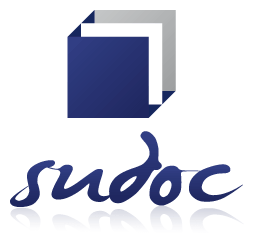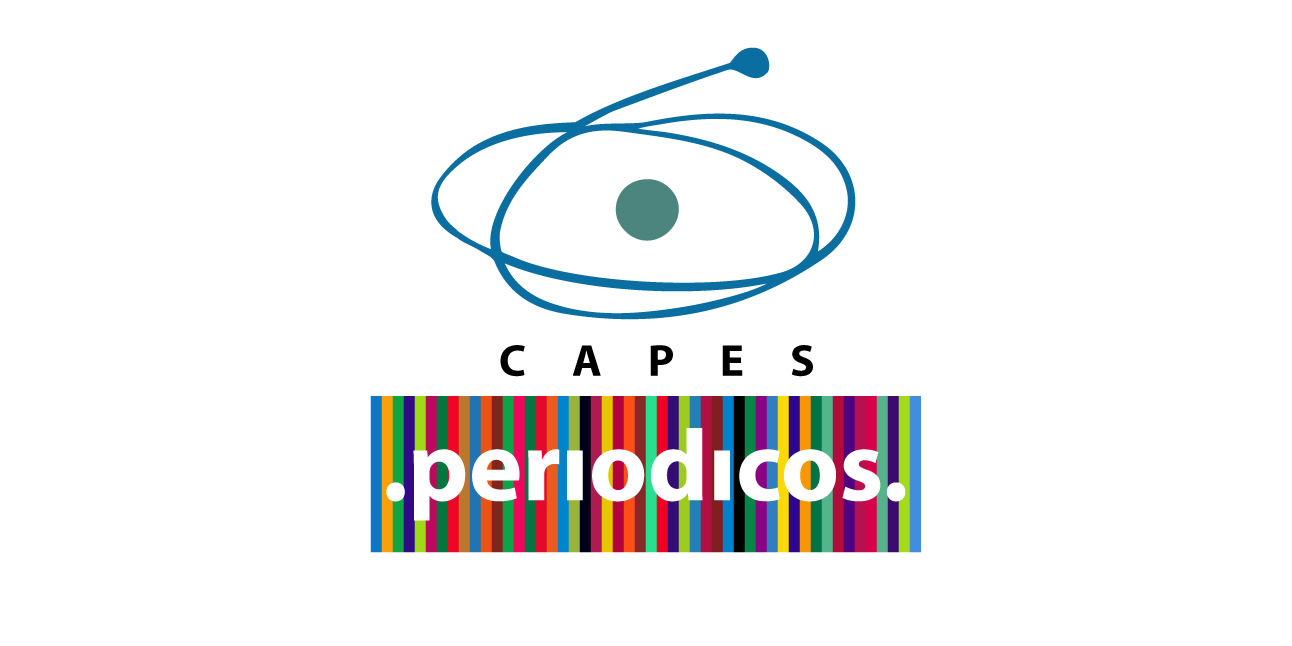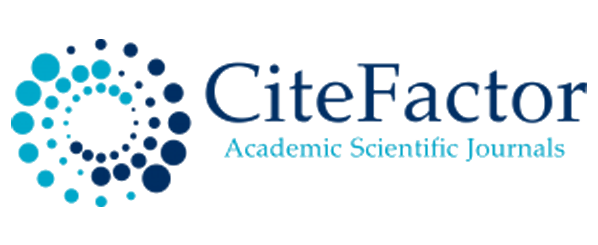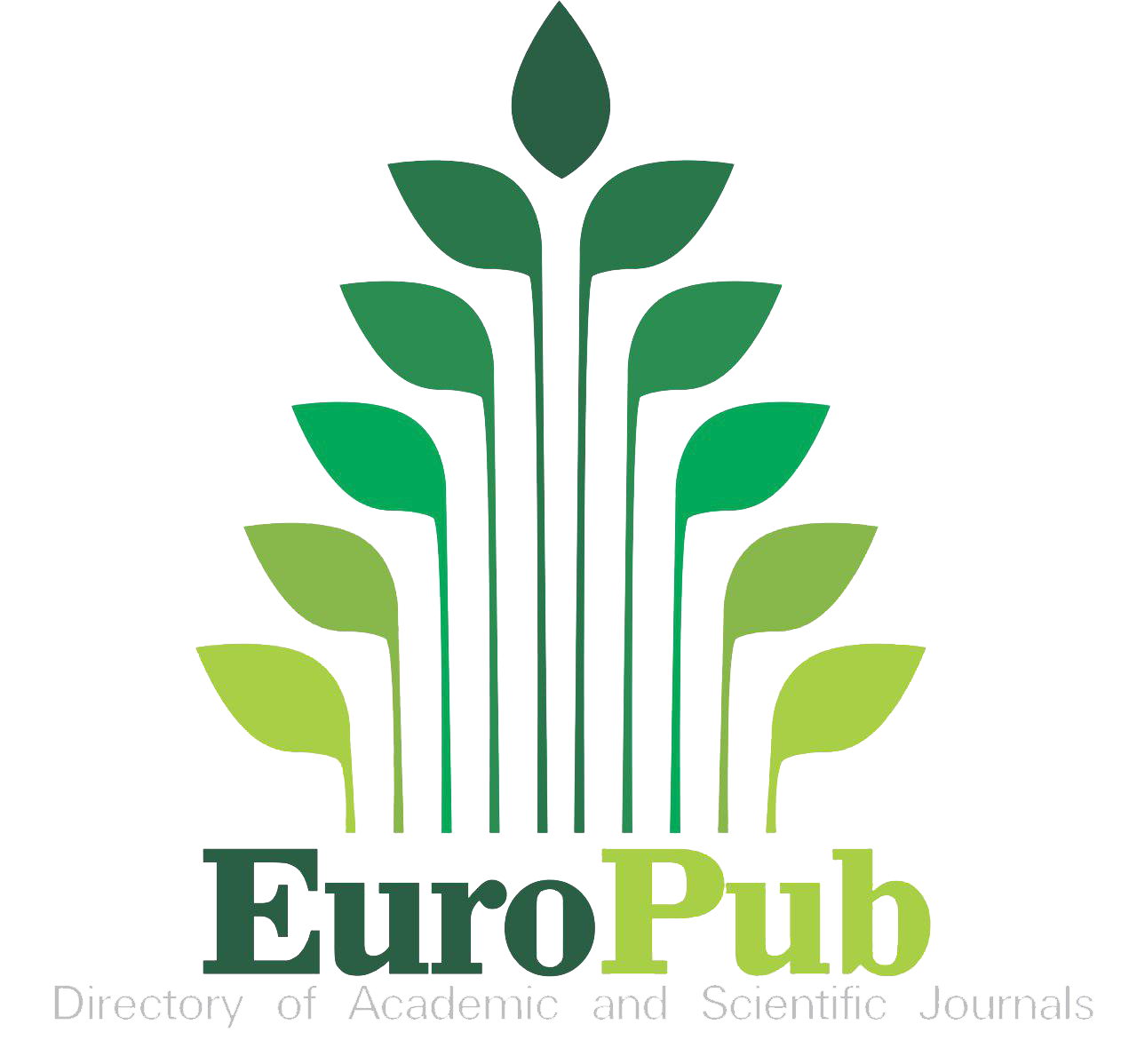COLABORAÇÃO PREMIADA UNILATERAL COMO DIREITO SUBJETIVO
DOI:
https://doi.org/10.21680/1982-310X.2020v13n2ID20570Abstract
The purpose of this paper is to ascertain the legal nature of the awarded collaboration institute and which would be the consequences of considering it a subjective right of the accused. The majority position in the doctrine and jurisprudence has given to it a double nature. Thus, it is said that the institute presents itself both as a procedural legal business as a mean of obtaining evidence, which, in fact, was highlighted in article 3º-A of the Law 12.850, of 2013, introduced by the Law 13.964, of 2019. However, the possibility arises of a triple nature of the awarded collaboration, since it is also the manifestation of the right of defense, specially of self-defense. In this way, the awarded collaboration constitutes a subjective right of the accused, so that, satisfied the requisites and assumptions for its application, it can’t be denied by neither the Prosecution Office nor Police Officer, under penalty of unilateral awarded collaboration be granted by the Judiciary. This raises a new issue, the lack of normative rules on the assumptions of collaboration. It is proposed, therefore, a systematization of the elements there are needed to a positive judgment of admissibility of the collaborative instrument, especially when it comes to unilateral collaboration.
Downloads
Downloads
Published
How to Cite
Issue
Section
License
Autores mantêm os direitos autorais pelo seu artigo. Entretanto, repassam direitos de primeira publicação à revista. Em contrapartida, a revista pode transferir os direitos autorais, permitindo uso do artigo para fins não- comerciais, incluindo direito de enviar o trabalho para outras bases de dados ou meios de publicação.

